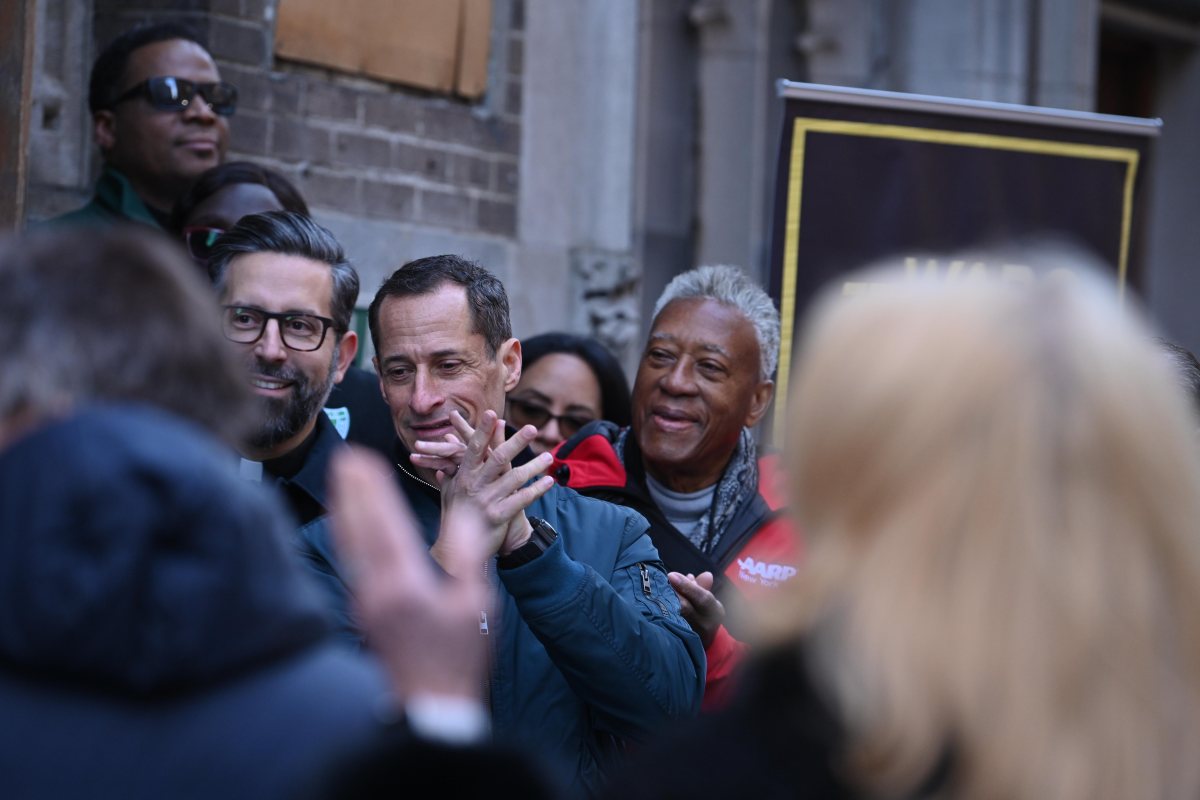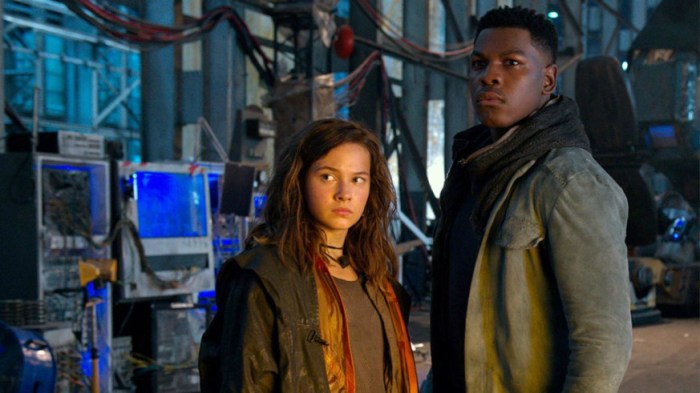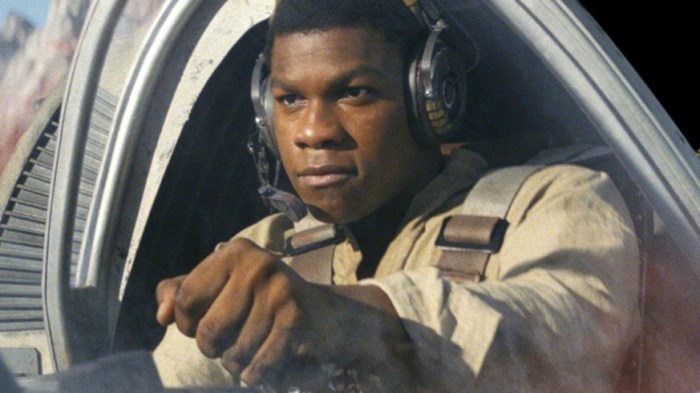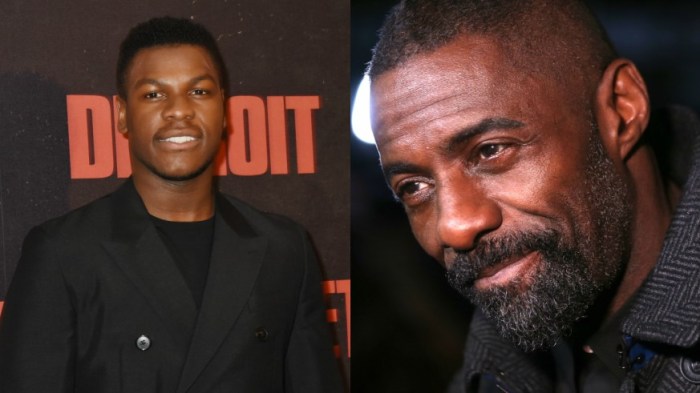Even over the phone it immediately becomes apparent why John Boyega is already a mega movie star at just 26-years-old.
Not only is he warm and amiable from the outset, but then once you dive into a conversation with the “Star Wars: The Last Jedi” actor he is straight to the point and clearly ambitious. But rather than using his position as the lead star and producer of “Pacific Rim: Uprising” to coalesce into the establishment Boyega is keen to mix things up and use it as a power for representation, inclusion and progressiveness.
That’s exactly what Boyega told me last month when I spoke to him about “Pacific Rim: Uprising,” why its theme of unity is so important and why Hollywood’s recent push for equality is definitely not a fad.
At Comic-Con you said that “Pacific Rim: Uprising” was about unity, why was that so important for you?
There has been a debate for a long time that certain sections of the audience don’t feel included or represented in what we all love, which is entertainment. We’ve had the same sort of person up on screen and same type of world fed to us. And now I feel as though people have had enough. Working in the industry as an actor and being affected by those projects personally, I have always sought out projects that push inclusion forward. That means locating genuine talent, staying away from making it a token movement and just locating more diverse backgrounds so it makes the style and approach to the storytelling unique.
Do you worry that this movement will just be a fad?
In the past, similar movements have been a fad. You know, Hollywood will put certain characters in and people in positions but then won’t fulfill them in the way that they will do with other leading stars. But it feels as though people are now finally starting to see through the smoke and mirrors. It’s time for real results, and this is very, very good. Regardless of whether you agree with it or not. Our audience is diverse and different and we must include them.
This sequel coming off the back of Pacific Rim’s international success rather than domestic proves that things are changing in that regard, too.
We’ve seen many times that China has been the secret, and secondary, helping hand for studio projects. You could get low numbers domestic and find that you release it on a later date in China and you find that China gives you the revenue that you lost. There’s definitely emphasis there. But to be very honest with you “Pacific Rim” appealed to the world without trying because of its story, content and narrative.
Why did you produce “Pacific Rim: Uprising”?
Coming into the industry I was pretty well read on the different opportunities and positions that I could follow. And when acting wasn’t necessarily going well I was always open to seeing what was available, and producing always intrigued me. Especially controlling several different creative responsibilities of a project, and taking the time to aid its development. The business side has always appealed to me, especially the talk and the hustle of it. It’s two birds with one stone, though, because it helps to facilitate my acting career and helps to build up projects and careers for others and I just want to be a part of that movement.
“Pacific Rim: Uprising” is released on March 23

























